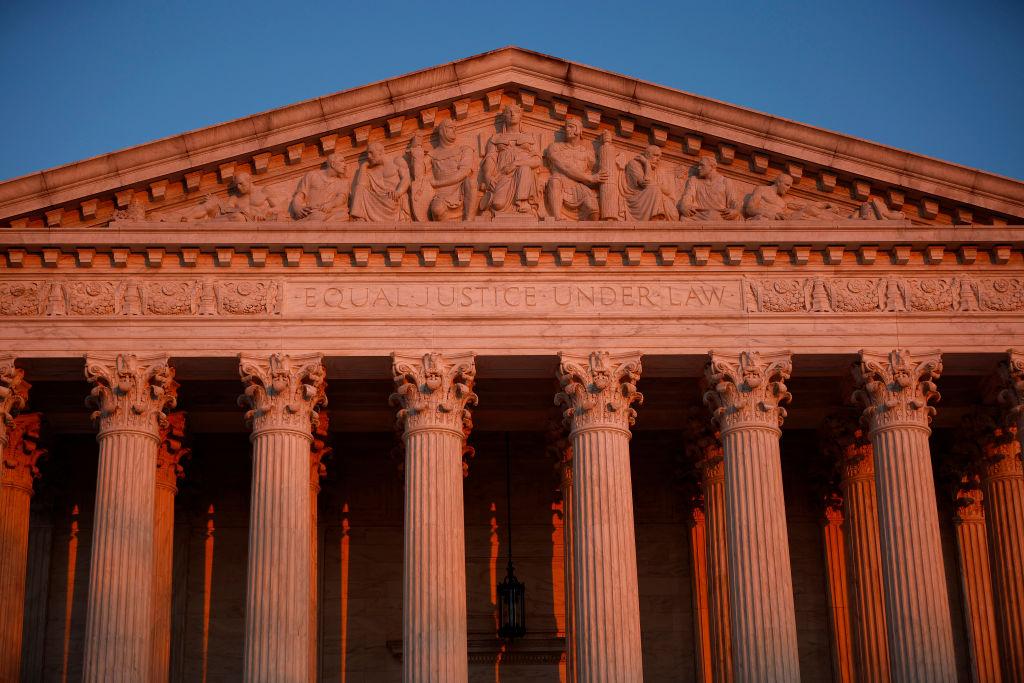The Supreme Court was urged on March 2 not to allow an innkeeper near the Canadian border, who sued for being injured by a U.S. Border Patrol agent, to pursue a lawsuit against the agent.
The court granted the petition for review (pdf) on Nov. 5, 2021, in Egbert v. Boule, court file 21-147.





